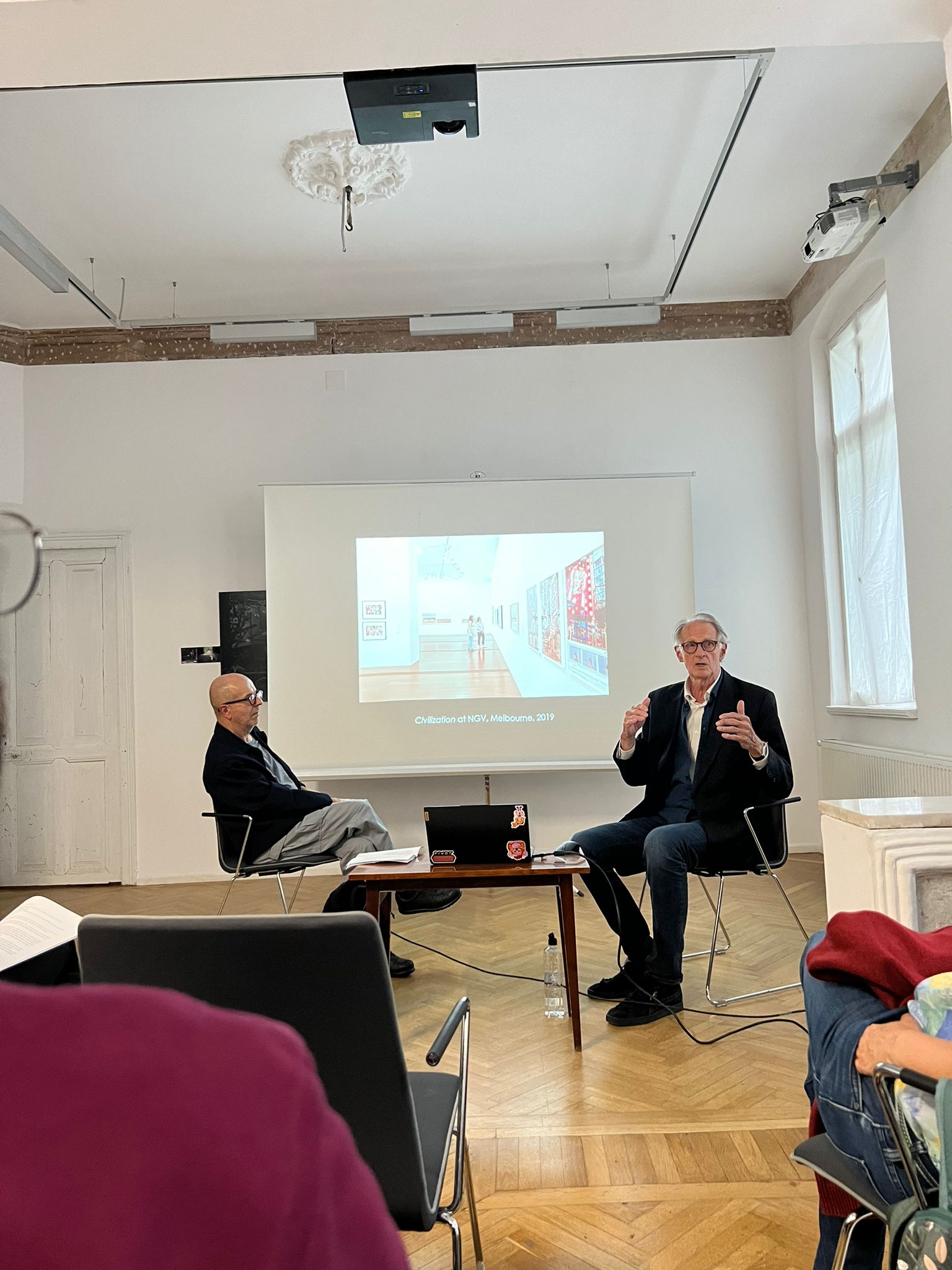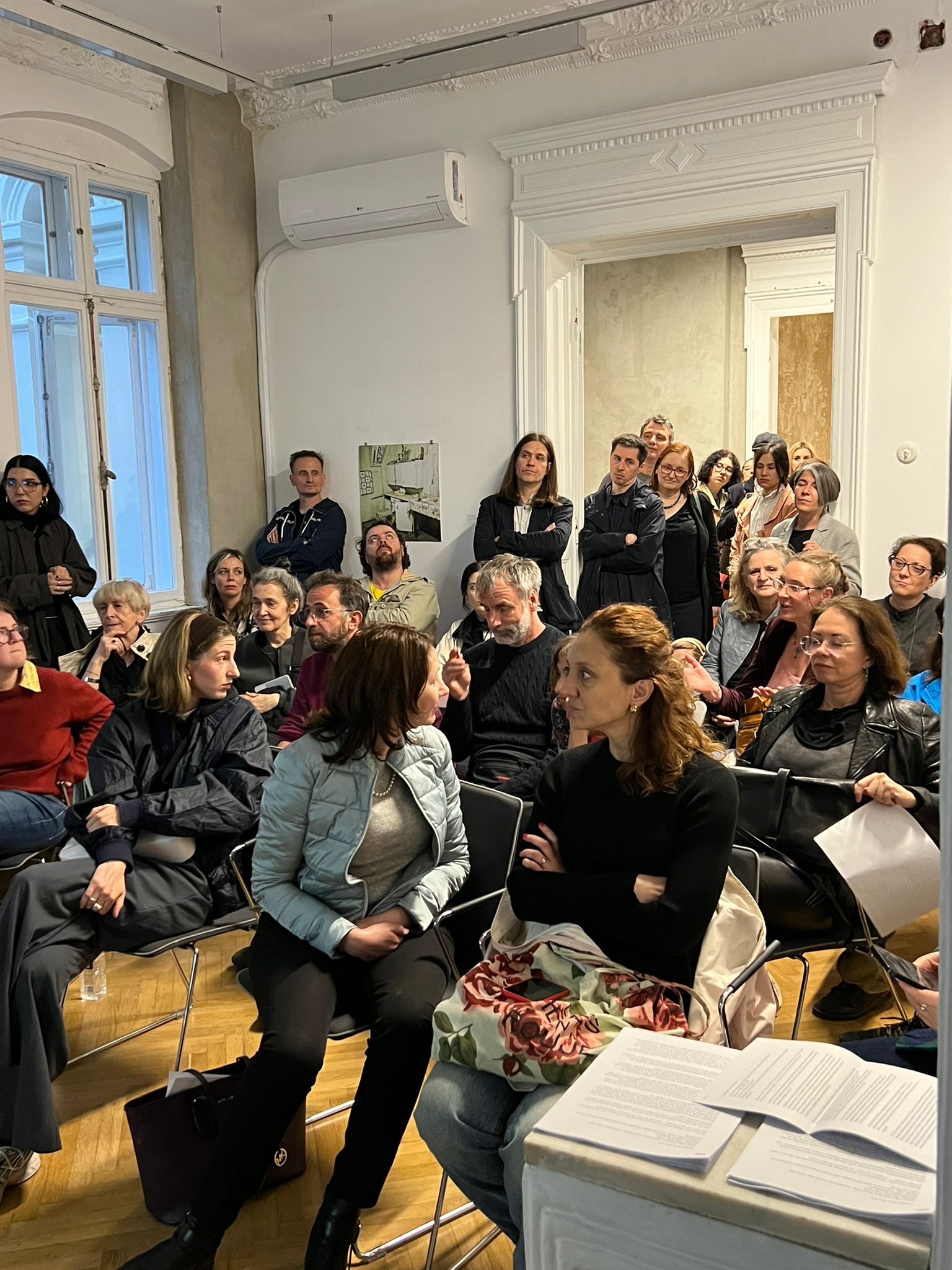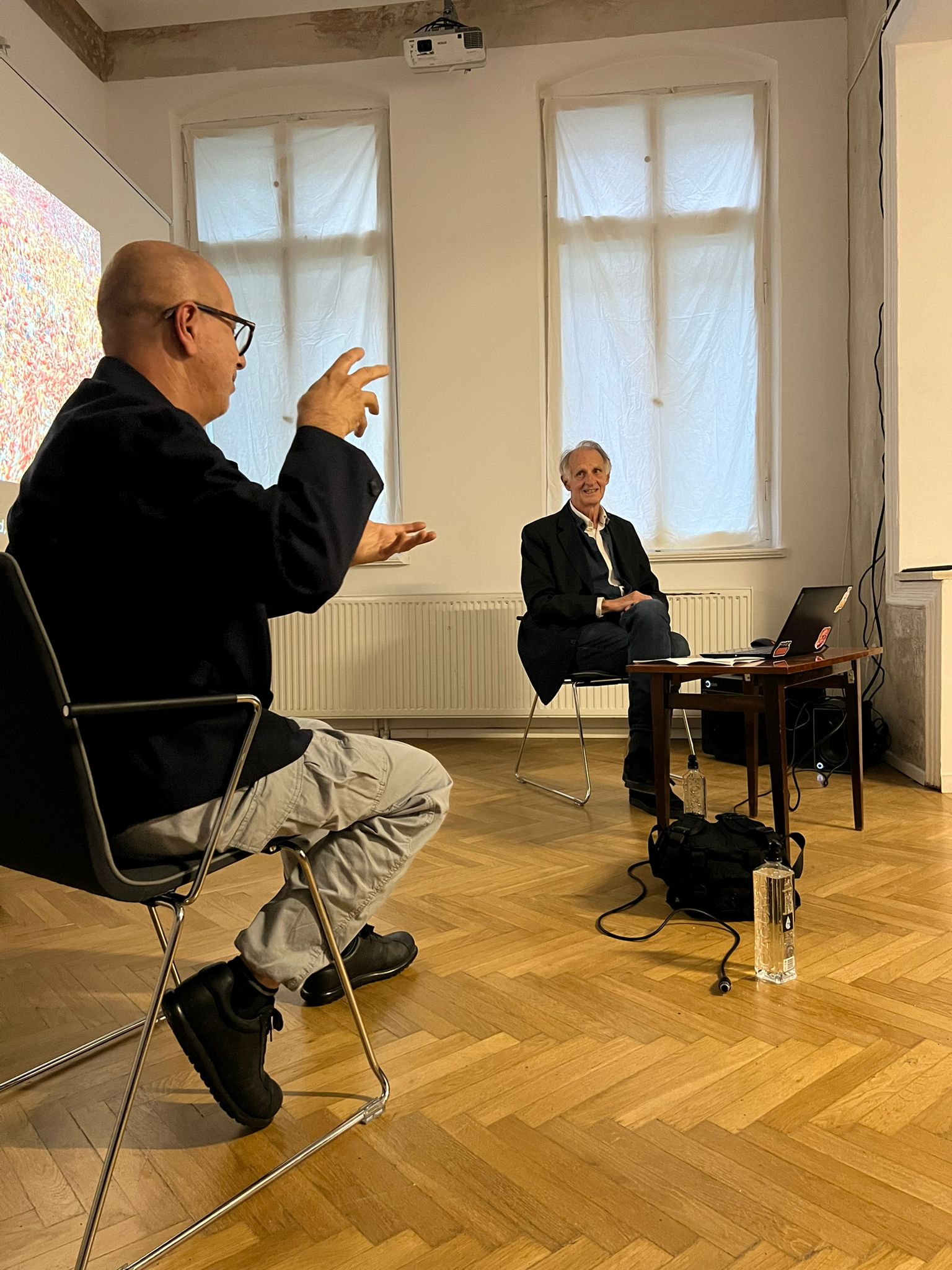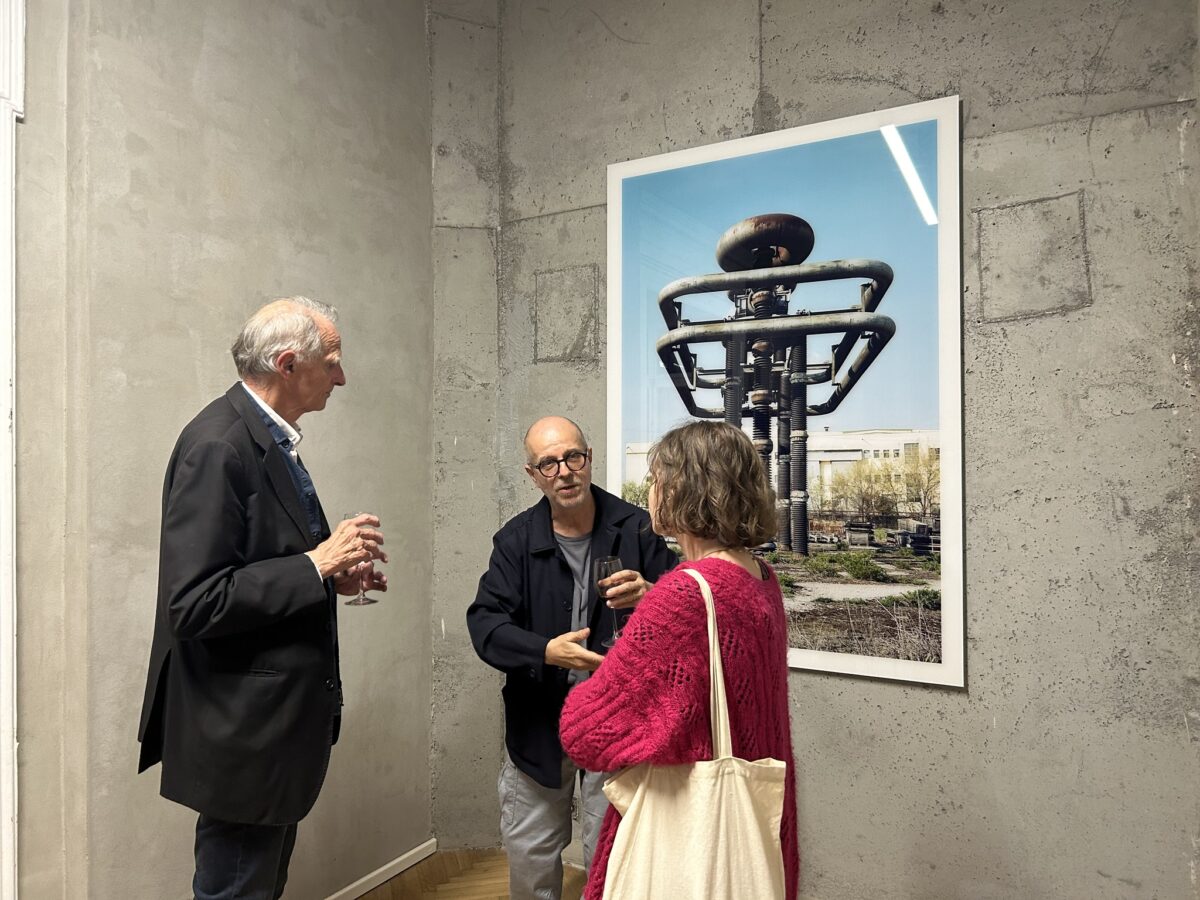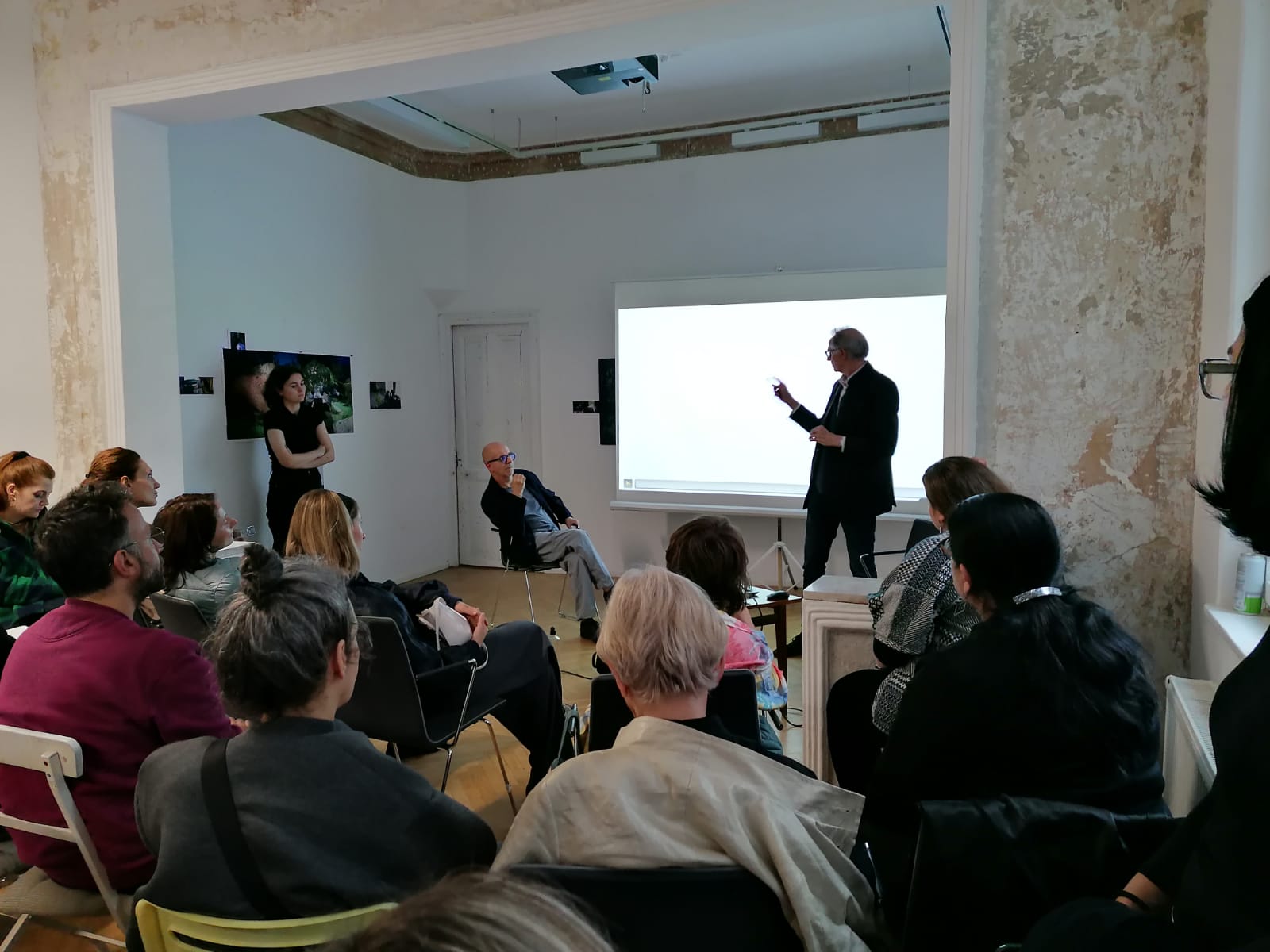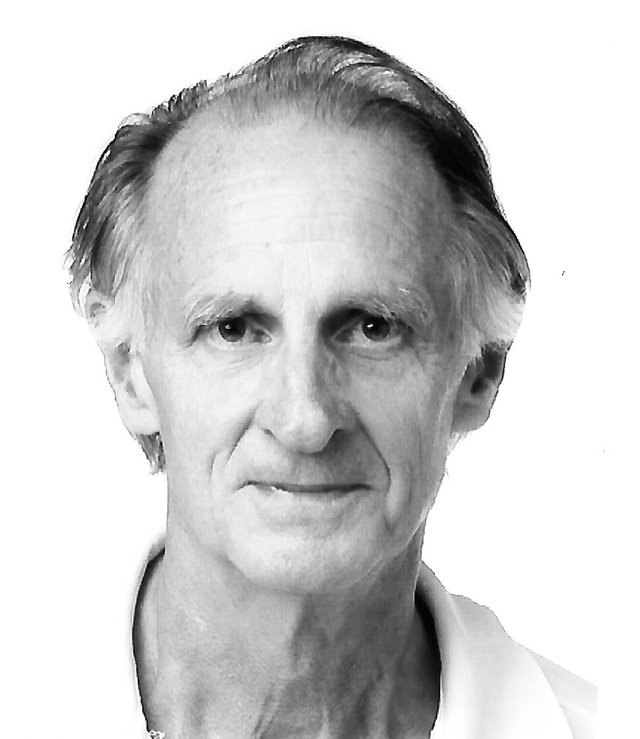
William A. Ewing is an author, curator, and former museum director, having spent half of his 50-year career in America, and half in Europe. Formerly the director of exhibitions at the International Center of Photography Museum in New York, and the director of the Musée de l’Elysée, Lausanne, he has curated exhibitions seen at hundreds of museums worldwide, including Museum of Modern Art, New York; Hayward Gallery, Saatchi Gallery, Serpentine Gallery, Barbican and The Photographers’ Gallery, London; Centre Pompidou, Jeu de Paume and Maison Européenne de la Photographie, Paris; National Gallery of Victoria, Melbourne, and many others. Over the years, he has published dozens of books with Thames & Hudson, Steidl, Rizzoli, Actes Sud and other publishing houses, among them, The Body; The Face; Landmark: the Fields of Landscape Photography; Edward Steichen: Lives in photography; Erwin Blumenfeld: A Fetish for Beauty; Civilization: The Way We Live Now; Edward Burtynsky: Essential Elements; and William Wegman: Being Human.
His most recent book is Flora Photographica, with Danaé Panchaud. Several years ago, he was given the Royal Photographic Society’s Outstanding Service to Photography Awards, and made an Officer in the French Republic’s Ordre des Arts et des Lettres.

Iosif Király is one of the most renowned artists working with photography in Romania. His work investigates the relationship between perception, time, synchronicity and memory through photography, installation-art, drawing and more recently, video. He has initiated, coordinated, and, together with architects, visual artists, and anthropologists, participated in research projects related to the changes having occurred in post-communist Romania: D-Platform, RO-Archive, Triaj, Tinseltown. During the 1980s, Iosif Király became active in the mail art network, an international underground movement established by Fluxus.
After 1989, he exhibited both individually and within the subREAL* group. Iosif Király’s works are found in numerous private and public collections such as the following: The National Contemporary Art Museum in Bucharest, 2000+ Arteast Collection, Moderna galerija, Ljubljana*; Stedelijk Museum, Amsterdam; Light Work, Syracuse, NY; Hamburger Bahnhof – Museum für Gegenwart, Berlin; Neue Galerie Graz am Landsesmuseum Joanneum; Museum of Contemporary Art, Ars Aevi, Sarajevo*. Since 1991 he has been teaching contemporary photography at the National University of Arts (UNArte) in Bucharest, Romania. In 1995, he was among the founders of the Department of Photography and Media Art at UNArte, where he is presently a professor.
AFAR TALK. Curator William Ewing in dialogue with artist Iosif Király.
Speakers: William Ewing, Iosif Király
May 9th, 19:00 – Anca Poterașu Gallery, Popa Soare 26
This talk is organized by ARAC and Goethe-Institut Bucharest in the framework of AFAR Network project.
Artists for Artists Residency Network (AFAR) is an EU co-funded project.The residency program aims to improve the mobility of contemporary visual artists and curators in Romania, Germany, Croatia, and Austria. The project is led by the Romanian Association for Contemporary Art (ARAC) with its three consortium partners – Goethe Institute Network, Croatian Association of Fine Artists, and Künstlerhaus Vienna.
About the project: The main topics are related to long-term cultural and social connections between local contexts, regarding cross-cutting themes of ecology and inclusion, specifically concerning wartime and economic migration of people. The project provides a range of new opportunities to art practitioners of all ages, across a variety of artistic mediums and backgrounds, with special regard to women in the arts and gender equality, to become involved in a series of artistic residencies, curatorial fellowships, artists& curators talks, and exhibitions where they can contribute and work together with their peers in creating self-sustainable models of mutual support and cooperation. This will be achieved through methods that include networking events, co-shared working spaces, case-study research of proposed models of residencies, knowledge-sharing between the partners in organizing residencies and public artist/curator talks, the development of an advocacy strategy for increased mobility of artists and curators in the consortium countries.
Views and opinions expressed are however those of the author(s) only and do not necessarily reflect those of the European Union or European Education and Culture Executive Agency (EACEA). Neither the European Union nor the granting authority can be held responsible for them.
They will talk about their direct experience in the art scene and about the transformations and challenges of the photographic medium today.
